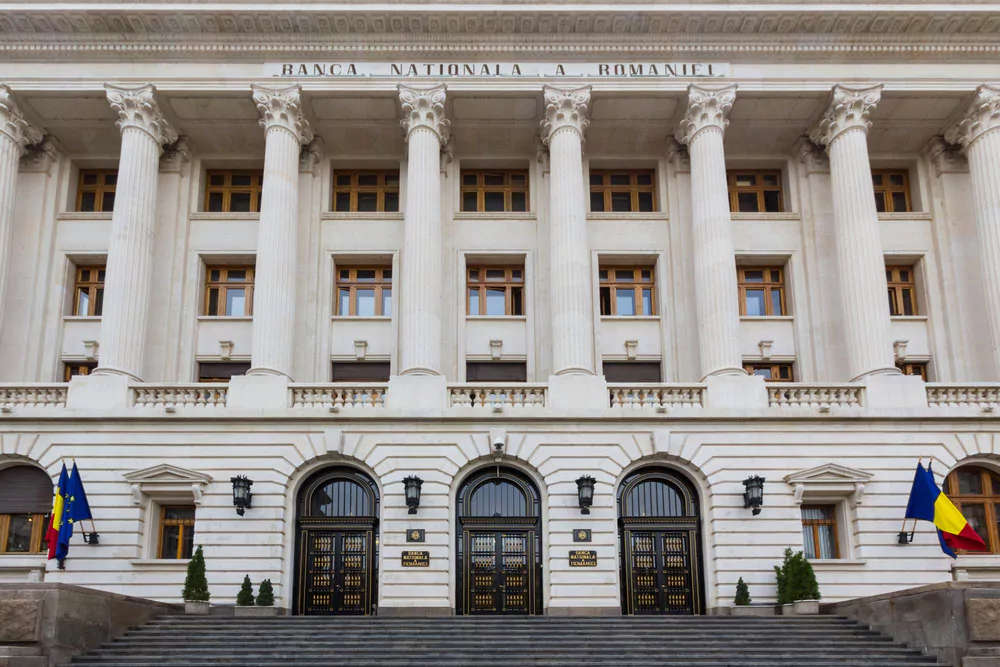The National Bank of Romania (BNR) raised its monetary policy interest rate from 1.75% to 2% on Monday, below analysts’ expectations of a 0.50 percentage point increase.
Urmărește mai jos producțiile video ale Economedia:
- articolul continuă mai jos -
The Governing Council of the National Bank of Romania, meeting today, 10 January 2022, decided the following:
- to increase the monetary policy interest rate to 2.00 percent per annum from 1.75 percent per annum as from 11 January 2022;
- widening the symmetric corridor formed by the interest rates on the standing facilities around the monetary policy interest rate to ±1.00 percentage point, from ±0.75 percentage point; thus, as of 11 January 2022, the interest rate on the lending facility (Lombard) is increased to 3.00 percent per annum, from 2.50 percent per annum, and the interest rate on the deposit facility is maintained at 1.00 percent per annum;
- maintaining firm control over money market liquidity;
- maintaining the current levels of reserve requirements for credit institutions’ liabilities in RON and foreign currency.
Analysts had expected the NBR to raise the key interest rate by 0.5% or more.
The economy stagnated in Q4
One explanation comes from the BNR’s own press release, which hints that the central bank avoided a higher key interest rate hike in order not to completely put the brakes on the economy, given that “recent developments in high-frequency indicators suggest a stagnation of economic activity in the fourth quarter of 2021”. The BNR says this stagnation comes in the context of pandemic wave 4, the energy crisis, and bottlenecks in production and supply chains, implying that annual GDP momentum will fall to a significantly lower level than anticipated in November 2021.
Energy continues to become more expensive despite the cap
Based on current assessments, the BNR expects the annual inflation rate to likely rise gradually in the coming months. “Determinants for the worsening of the near-term inflation outlook are the larger price increases expected for electricity and natural gas – even with the implementation of compensation and capping measures – as well as for processed food, mainly on the back of rising energy and agri-food commodity prices. Their impact is likely to amplify and further prolong the positive deviation of the annual inflation rate from the upper limit of the target range, especially after the discontinuation of energy price compensation and capping measures, but also to generate disinflationary base effects in the longer term,” the BNR says.
The BNR will have another monetary policy meeting on February 9.

 Sursa foto: BCR
Sursa foto: BCR





























